Every year, when the weather changes from dry season to rainy season, it is the right time for many farmers to take "nomadic" trips to herd and fatten their livestock.
At this time, in the fields or vacant, abandoned land, young grass begins to grow green and create a rich food source, enough to feed the livestock for many months.
Work for profit
More than a month ago, the prolonged hot weather caused the vacant land on the outskirts of Thanh Phu Industrial Park (Thanh Phu commune, Vinh Cuu district, Dong Nai province) to become bare because the trees and grass were all withered.
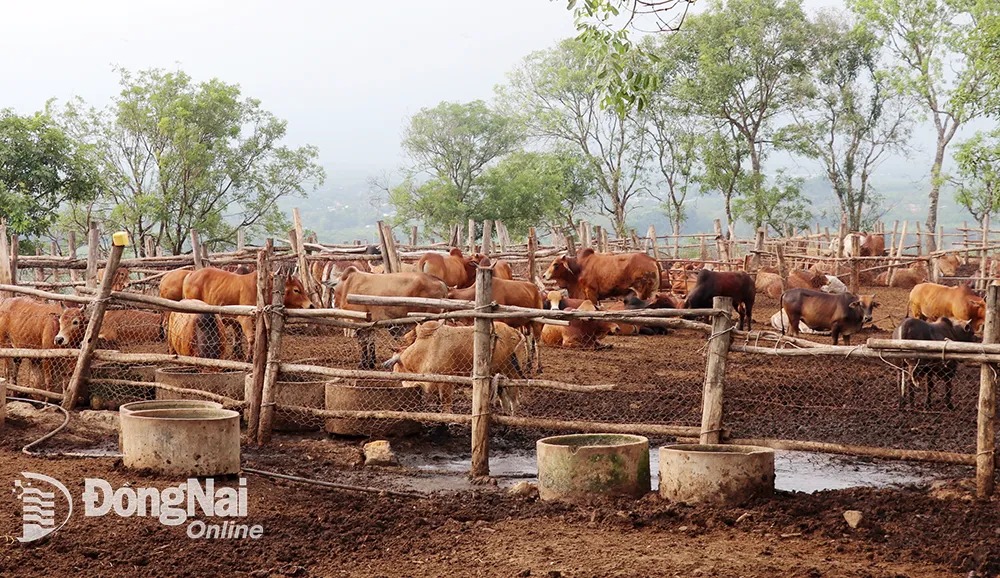
A fattening cattle farm in Xuan Hung commune (Xuan Loc district, Dong Nai province). Photo: A.Nhon.
However, just a few recent early season rains have “turned” this place into a green color with a lot of fresh grass growing. That has created favorable conditions for Mr. Nguyen Van Toan and his wife (locals) to make a “nomadic” trip to herd and fatten their family’s cattle.
Mr. Toan said that his family has been raising cattle in a “nomadic” style for nearly 10 years now. Every year, around April and May (when the weather shows signs of changing to the rainy season), he starts going everywhere to buy small cows about 1-2 years old or skinny cows (with a quantity of 20-30 big and small cows) to bring home to raise and fatten.
Since then, every day at around 7am, after finishing housework and taking care of the children, Toan and his wife started to herd the cows to the vacant land located on the edge of Thanh Phu Industrial Park or neighboring fields to graze. The grazing work takes place from early morning until late afternoon, so they have to bring some essential items such as raincoats, food, drinking water, etc.
During the rainy season, natural food sources are abundant. Therefore, many people decide to increase their livestock by buying young or skinny cattle and then bring them home to raise and fatten. This method not only reduces the cost of investing in food but also brings high economic efficiency.
When he reached an area with plenty of food, Toan felt secure handing over the herding job to his wife and then took the opportunity to cut grass to supplement the source of fresh food for the herd.
The couple takes turns herding the cows until evening, then drives them home to rest, ending a day roaming the fields with their livestock...
In addition to grazing and cutting grass, Mr. Toan also spends time surveying new areas that have plenty of fresh food for his livestock.
Mr. Toan confided: “The cattle graze in each field or vacant land for a period of several days to several weeks until they run out of food and move to another place. Therefore, we have to constantly change grazing locations and roam with the cattle during many rainy months. Although the work is hard, it helps the cattle eat well and grow well.”
Toan’s family raises and fattens the herd of cows until the end of the rainy season (about 6 months) and then sells some of them, keeping only a few good breeding cows to wait for the next rainy season to continue investing in increasing the herd. This “putting in the effort makes a profit” method has helped his family save on feed investment costs, while also providing high economic profits.
“During the dry season, natural food is scarce and cattle move a lot, making grazing difficult and ineffective. Therefore, we only graze the cattle from now until the end of the rainy season, then switch to confinement in the dry season.
Waiting for the next rainy season to come, the grazing work will continue. In addition to raising cows, my wife and I also do some other jobs so we have an income to cover our living expenses and take care of our children's education" - Mr. Toan confided.
As scheduled, this year's rainy season, Mr. Tho Xuong (residing in Ruong Lon quarter, Bao Vinh ward, Long Khanh city) invited some friends in the village to herd cows together to help each other manage the herd to ensure safety.
The places Mr. Tho Xuong's group often chooses to graze cows are vacant lots or fields where crops have been harvested and there is plenty of fresh food for the cows to eat their fill.
Mr. Tho Xuong said that people in the Choro ethnic village in Bao Vinh ward have been involved in raising cows in a "semi-wild" style for more than 40 years and the work of herding cows for grazing can take place all year round.
However, in the dry season, fresh food is often scarce, so people graze less and mainly keep them in barns, feeding them homemade food (grass, agricultural by-products such as: dry straw, corn, jackfruit, potatoes, etc.). In the rainy season, the amount of fresh food in nature is abundant, so people increase grazing to fatten their livestock.
“During the rainy season, there is a lot of food, so the cattle often stop in one area to eat grass and leaves until all the food is gone before moving to another place. However, the work of grazing is very hard, because you have to stand in the cold rain all day in the field with the cattle,” Mr. Tho Xuong shared.
Coming from a poor family, Mr. Tho Xuong is not self-conscious but always finds ways to improve himself in life.
Seeing that he was diligent and good at his job, the local government introduced him to a preferential loan policy to buy breeding cows. Thanks to careful care, the breeding cows grew healthy and reproduced a lot, helping his herd to increase (currently there are 10 big and small cows).
“After each fattening season, I decided to sell a few cows to earn money to support my family. In addition, I also hired some people in the village to graze and care for cows. Thanks to that, my family has escaped poverty for many years and now has a stable life,” Mr. Tho Xuong confided.
Mr. Nguyen Van Toan (residing in Thanh Phu commune, Vinh Cuu district) shared that herding cows is very hard work. Wherever the cows go, the herder must go there and monitor them regularly, not letting the herd of cows run out onto the road. If the herding work is neglected, the cows may find food and destroy the crops of the households or move on the road, causing disorder in traffic safety...
Passionate about business
For about a month now, the first rains of the season have helped the Melaleuca forests in Thanh Son Commune (Dinh Quan District, Dong Nai Province) grow many trees and lush green grass. Therefore, Mr. Tu Tao (a local resident) decided to hire more people to help his family herd the cows to graze and find fresh food in the wild for the cows.
He has maintained this job for many years, helping the cattle grow healthy, have good quality and be bought by traders at high prices.
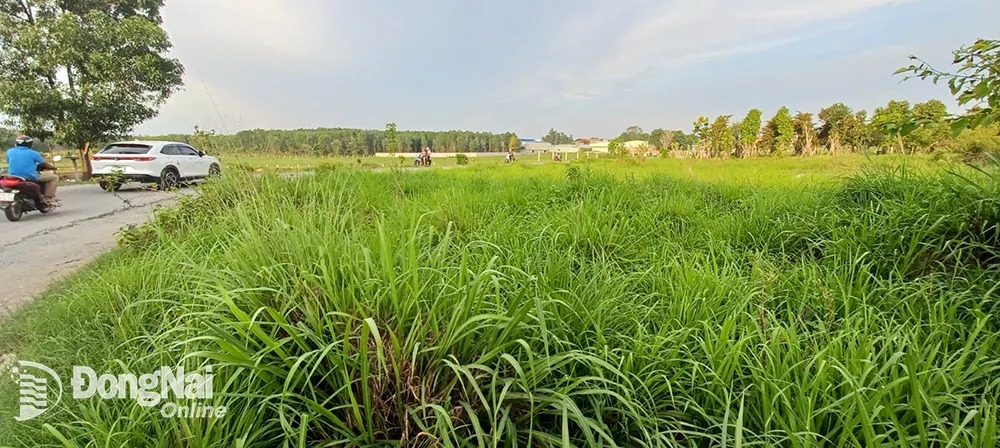
During the rainy season, natural food sources for cows are abundant, making it easier to graze cattle in Dong Nai province.
Mr. Tu Tao said he is from the West and has been working in Thanh Son with his family for more than 40 years.
Starting from nothing, he devoted himself to business and constantly strived to improve his life. Up to now, he has owned dozens of hectares of land; in which, he invested in many types of crops, from short-term crops (corn, cassava, beans...) to long-term crops (cajuput, mango, pepper...).
In addition to farming, Mr. Tu Tao also invested in raising cattle. He took advantage of the large land with lots of trees and grass to invest in raising cows. From a few cows at first, the number of cows has now increased to over 100 large and small cows. The above income has helped his family's life become more and more prosperous.
Mr. Nguyen Phuc Linh (a long-time resident of Xuan Hung commune, Xuan Loc district, Dong Nai province) said that the "semi-wild" cattle farming profession has existed for many years in Xuan Loc district.
In the past, there was a lot of vacant land, creating a rich source of fresh food in the wild. Cattle grazing was therefore quite favorable. In recent years, vacant land has been increasingly narrowed, replaced by specialized agricultural production areas or project works...
Since then, natural food for cows has become scarce, especially in the dry season. Therefore, free-range cattle farming is no longer as popular as before, but mainly takes place in the rainy season.
The rest of the time, people keep their animals in barns and fatten them with industrial food, agricultural by-products, etc.
Source: https://danviet.vn/sao-cu-toi-mua-nay-la-co-nhieu-nguoi-o-dong-nai-i-oi-ru-nhau-di-du-muc-20240811182929496.htm







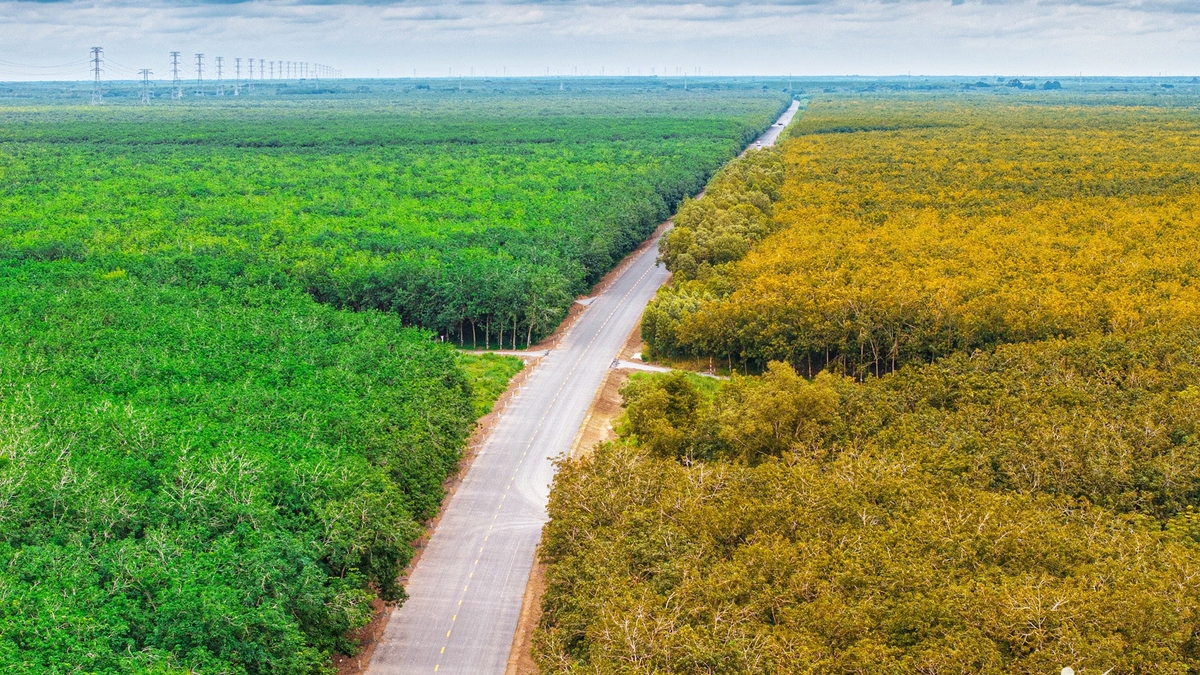
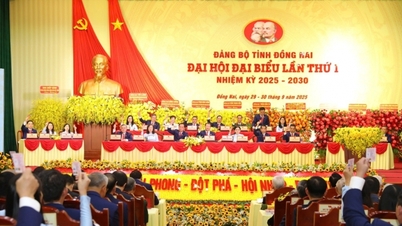



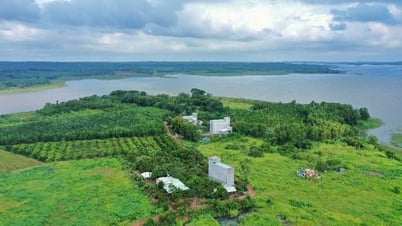


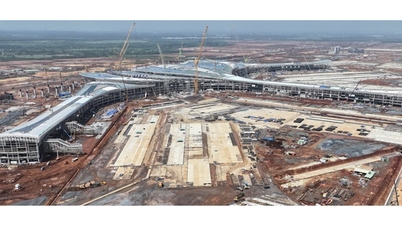

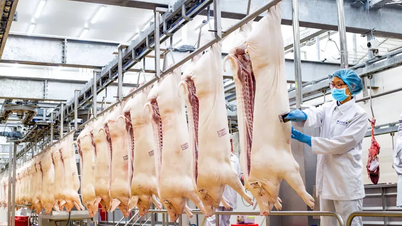
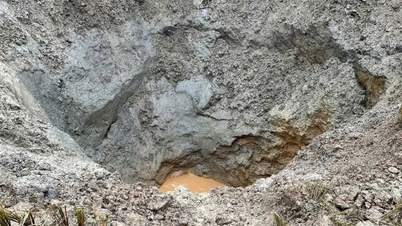

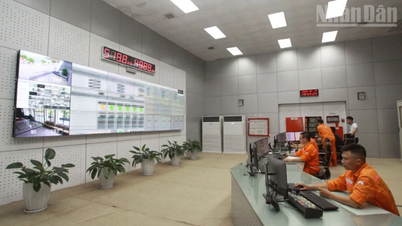
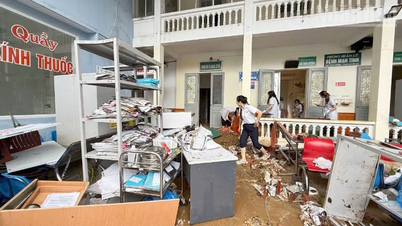
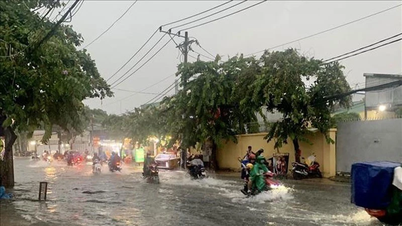
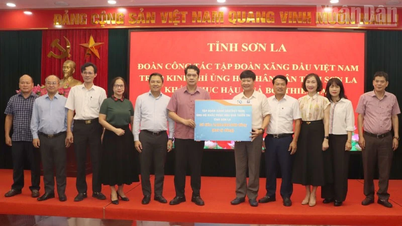
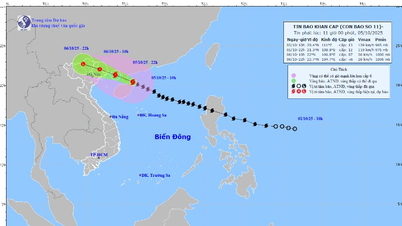





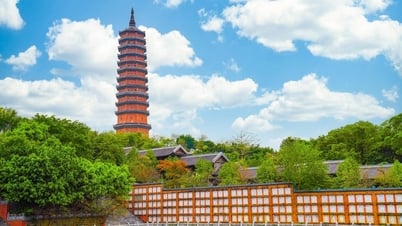



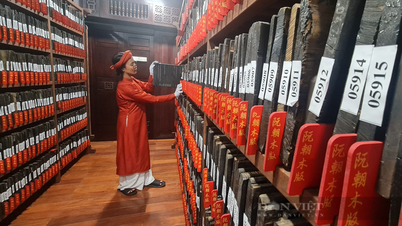




































































Comment (0)